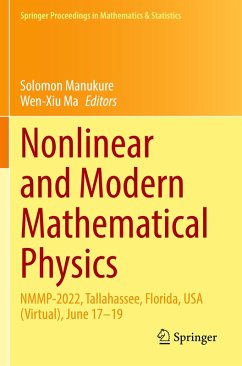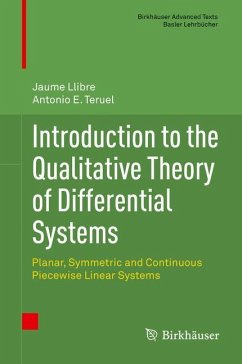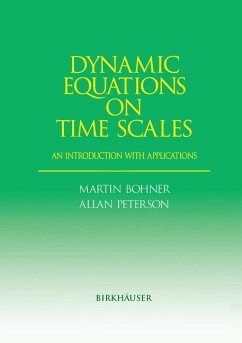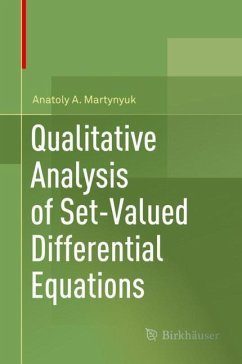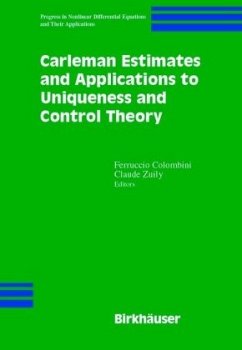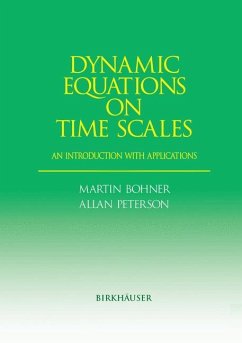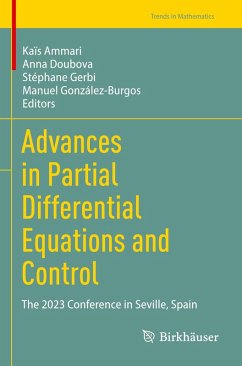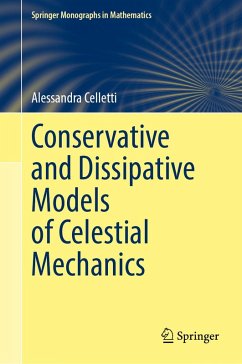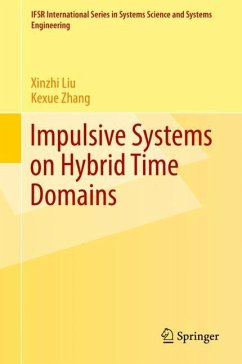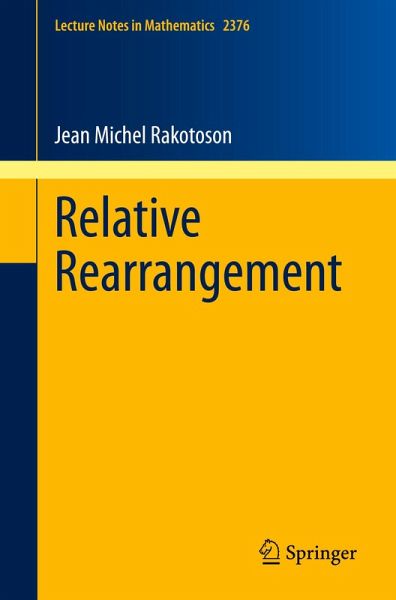
Relative Rearrangement

PAYBACK Punkte
33 °P sammeln!
This book develops the properties of monotone rearrangement and relative rearrangement (sometimes called pseudo-rearrangement). It introduces applications to variational problems involving monotone rearrangements, a priori estimates for partial differential equations, and stationary or evolution problems associated with variable exponents. The properties of Sobolev embeddings for non-standard spaces such as BMO, VMO, Zygmung spaces and more general spaces invariant under rearrangement are also reviewed. The book is relatively self-contained elementary details for non-specialists are covered in...
This book develops the properties of monotone rearrangement and relative rearrangement (sometimes called pseudo-rearrangement). It introduces applications to variational problems involving monotone rearrangements, a priori estimates for partial differential equations, and stationary or evolution problems associated with variable exponents. The properties of Sobolev embeddings for non-standard spaces such as BMO, VMO, Zygmung spaces and more general spaces invariant under rearrangement are also reviewed. The book is relatively self-contained elementary details for non-specialists are covered in the first chapter, including, among other things, some punctual inequalities for the Sobolev embeddings and Pólya-Szegö type inequalities, which lead, for instance, to explicit and even precise estimates. The final chapter includes numerous exercises, with solutions. Based on the author s Réarrangement relatif: un instrument d'estimations dans les problèmes aux limites (Springer, 2008), this edition contains additional recent results and new exercises concerning interpolation theory.



